This is what the FBI recommends for good amidst an ongoing cyber attack –
If you are an iPhone user, you can send text messages to another iPhone. Along the same lines, if you are an Android user, you can send text messages to another Android user. But, beware! As an iPhone user, you should refrain from sending text messages to an Android user.
The FBI warning seemed to have created a stir amongst iOS and Android users, as can be seen from one of the reddit threads.
Who Is Responsible for The Attack?

The FBI hacking warning for iPhone and Android text messages comes amidst a large-scale cyberespionage campaign conducted by Chinese hackers who go by the name – Salt Typhoon.
The same group orchestrated a large-scale campaign on some of the leading telecommunication providers such as AT&T, Verizon, and Lumen. And, it was reported that they were linked to the Chinese government. However, the Chinese government denied any such claims.
Who Were Affected?
The hackers have reportedly been able to find text messages and call records of several high-ranking government officials and high-profile political figures. It has also come to notice that the hackers were also able to access phone conversations and private text messages of an undisclosed number of Americans.
What’s Wrong With The Native Texting Capability Used Between Apple and Android?
This question can be reframed as –
Aren’t messages from iPhone to Android or vice-versa protected using encryption? Yes, RCS uses a strong security protocol. However, this method is more vulnerable to attacks as compared to the end-to-end encryption used by messaging platforms like WhatsApp.
Back in the 90s when SMS had emerged, there were no major concerns regarding text message security. As such, including end-to-end encryption felt impossible or impractical.
Even though when you send messages between the same device type i.e. Android to Android, or iOS to iOS, the messages are secure. The problem lies when you send messages between iOS and Android or vice-versa.
The same goes for Apple’s iMessage and Android’s Google Messages. Both use end-to-end encryption, provided users send messages between the same platform (iOS to iOS, and Android to Android)
The security parameters change when an iOS user sends a message to an Android user or vice versa. Then, the messages are encrypted using RCS (something we mentioned earlier) which is more vulnerable to attacks.
Jeff Greene, CISA Executive Assistant Director for Cybersecurity, in a news conference, said
“Encryption is your friend, whether it’s on text messaging or if you have the capacity to use encrypted voice communication,”
He added – “Even if the adversary is able to intercept the data, if it is encrypted, it will make it impossible.”
Why Are Instant Messaging Apps Considered Secure?
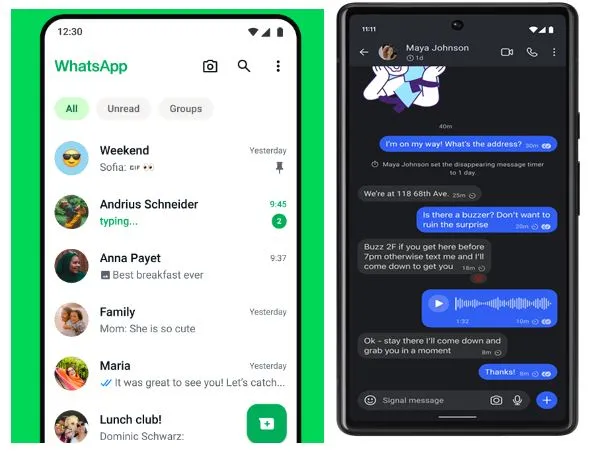
What if an iOS user wants to text an Android user? A user, in this case, can switch to a more secure messaging app like WhatsApp, or Signal. These apps use end-to-end encryption, and it is next to impossible for a hacker to hack into your messages, thanks to the encryption being used.
Read Also: Best Free Encrypted Messaging Apps for Android & iOS
The Use of End-To-End Encryption
When you use a reliable third-party messaging platform that is end-to-end encrypted, the messages can only be read using a type of key that is available to the sender and recipient. If at all, a third-party hacks, they won’t be able to read the message. Apps like WhatsApp or Signal even encrypt voice calls as well.
Stay Safe, Happy Messaging
Many users use SMS as a way to communicate. Keeping that in mind, we as Android and iOS users should do as the experts say and use encrypted platforms to send texts, especially between cross-platform devices. If you found value in this post, do let us know in the comments section below. For more such content, keep reading Tweak Library.


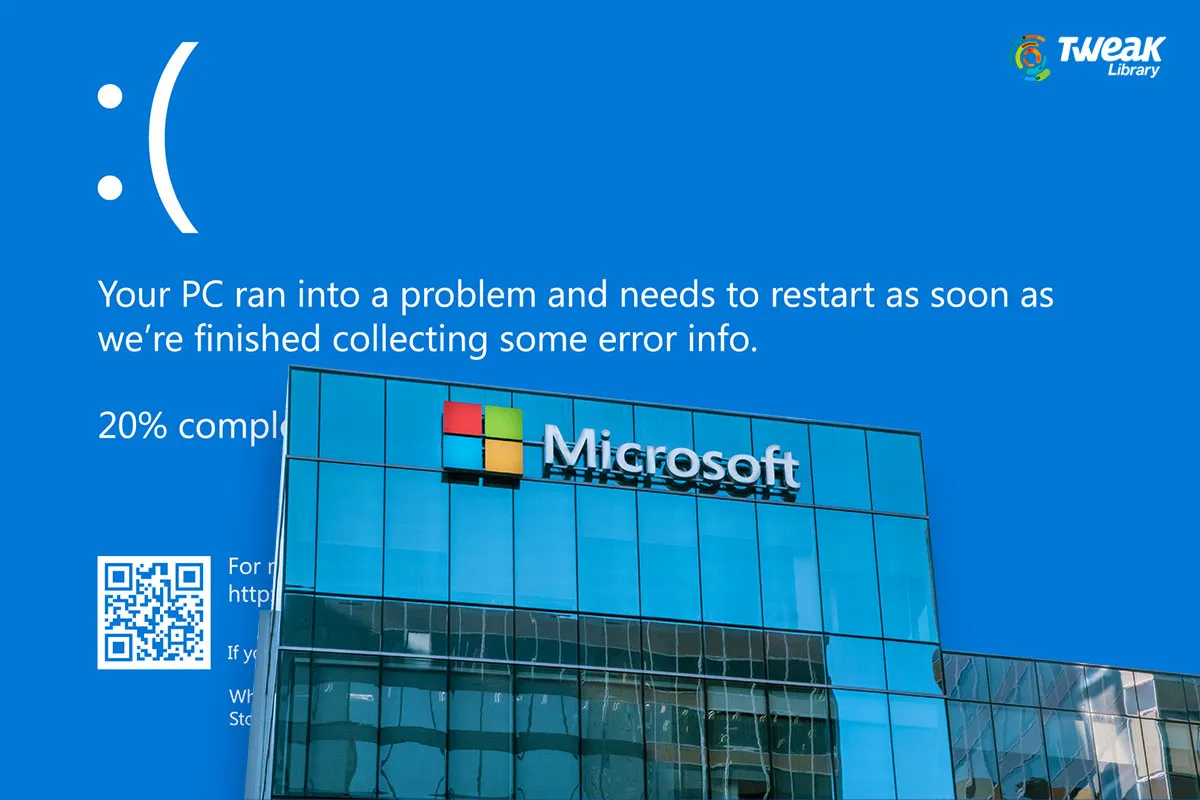
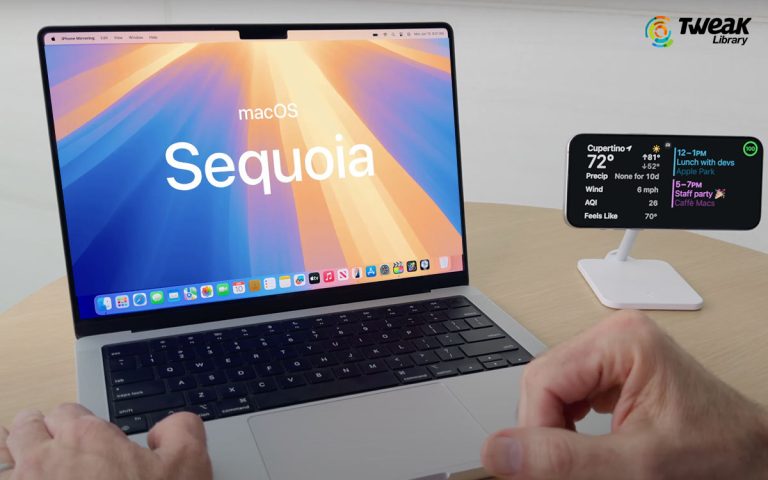
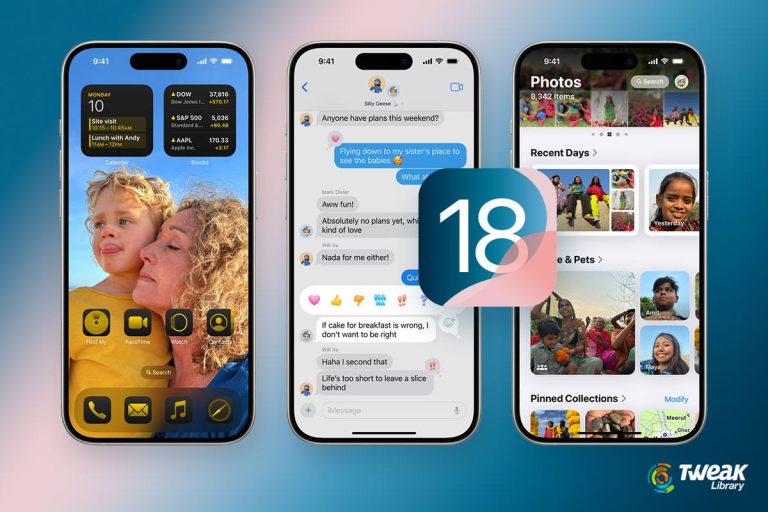
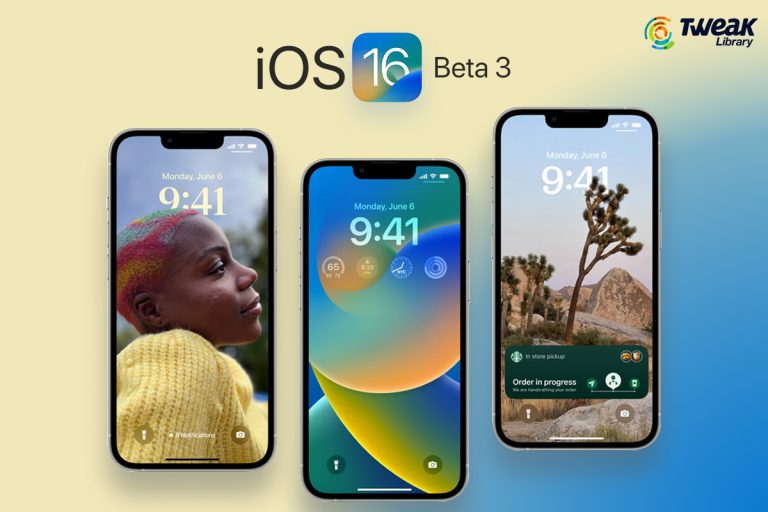
Leave a Reply